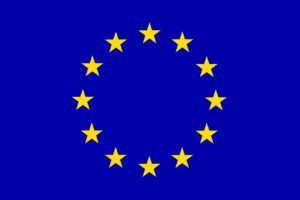The Council and the European Parliament today reached agreement on an EU budget for 2020 which strongly focuses on growth and competitiveness, climate action and other EU priorities such as security and management of migration.
Total commitments are set at €168.7 billion. This is an increase of 1.5% compared to the 2019 budget as amended. €1.5 billion have been kept available under the expenditure ceilings of the multiannual financial framework for 2014-2020, allowing the EU to react to unforeseeable needs.
Total payments amount to €153.6 billion, rising 3.4% from 2019. This increase reflects the continuing implementation of the 2014-2020 programmes at full speed. The aim is to ensure timely payments to beneficiaries and avoid a substantial accumulation of payment claims over the next few years, in particular in relation to cohesion policy.
The agreed figures are based on the premise that the UK will continue to participate fully in the financing and implementation of the EU budget for 2020.
The EU has set itself the goal of dedicating at least 20% of EU expenditure to climate protection in the period 2014-2020. To help meet this goal, the Parliament and the Council have agreed to increase the focus on climate-related actions in several areas such as research and development (Horizon 2020), transport and energy infrastructure (Connecting Europe Facility) and the EU’s external action. Additional funds have also been allocated to the EU’s LIFE programme, which will receive €590 million, and the European Environment Agency for recruiting new staff (+6) to support the fight against climate change.
Other important elements of the agreement
Otros elementos importantes del acuerdo sobre el presupuesto de la UE para 2020 son los siguientes:
Other important elements of the agreement on the EU budget for 2020 include the following:
- To support growth and competitiveness.
- To fight youth unemployment in the most affected regions
- In the fields of security and migration, the Asylum, Migration and Integration Fund has been allocated €949 million for management of migration, including to support the frontline member states.
- The EU’s external action instruments have been reinforced to cover the EU’s contribution to the Syria pledge as agreed during the Brussels III conference on Syria and to combat the root causes of migration via the North Africa window of the EU Trust Fund for Africa.
- As in 2018 and 2019, the pre-accession funds for Turkey have been significantly reduced compared to the draft budget proposed by the Commission (-€85 million) given the distancing of Turkey from EU values. More funds, on the other hand, have been provided for the Western Balkans.







Leave a Reply